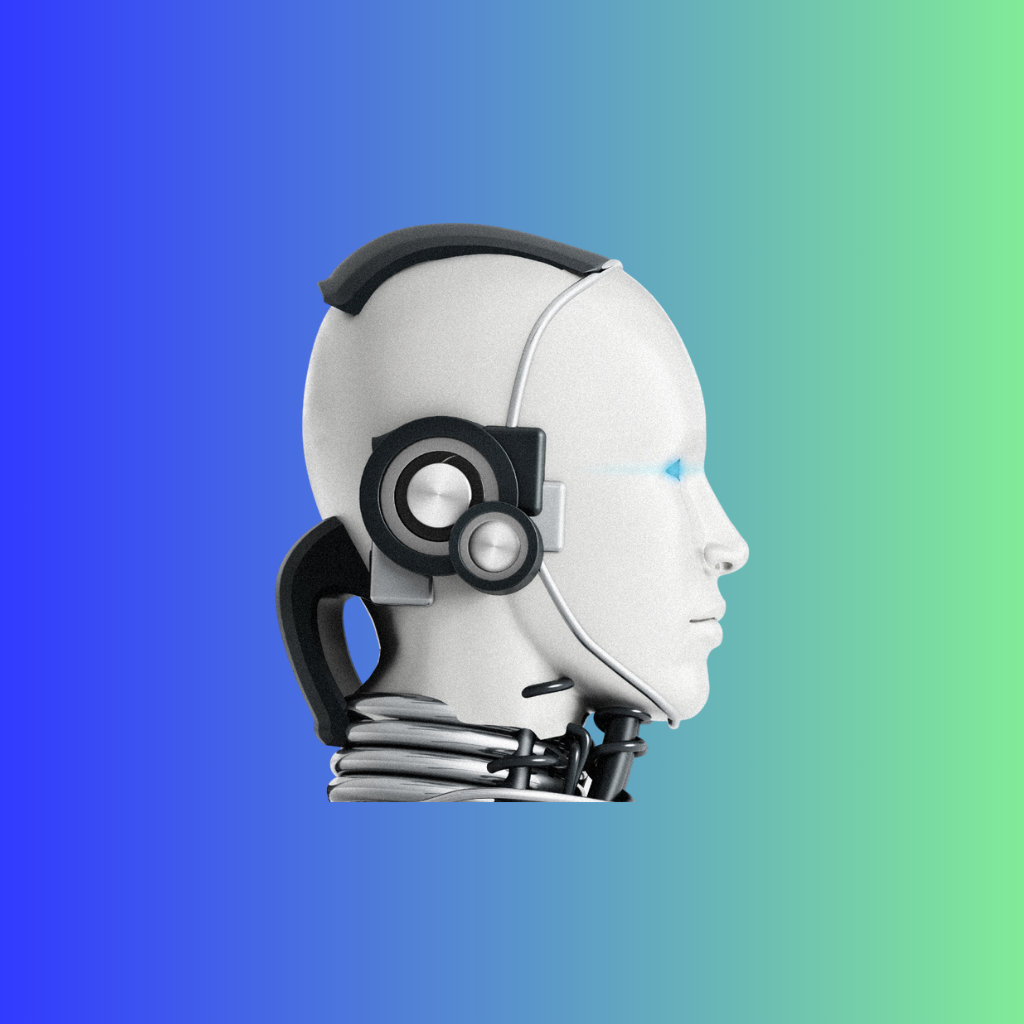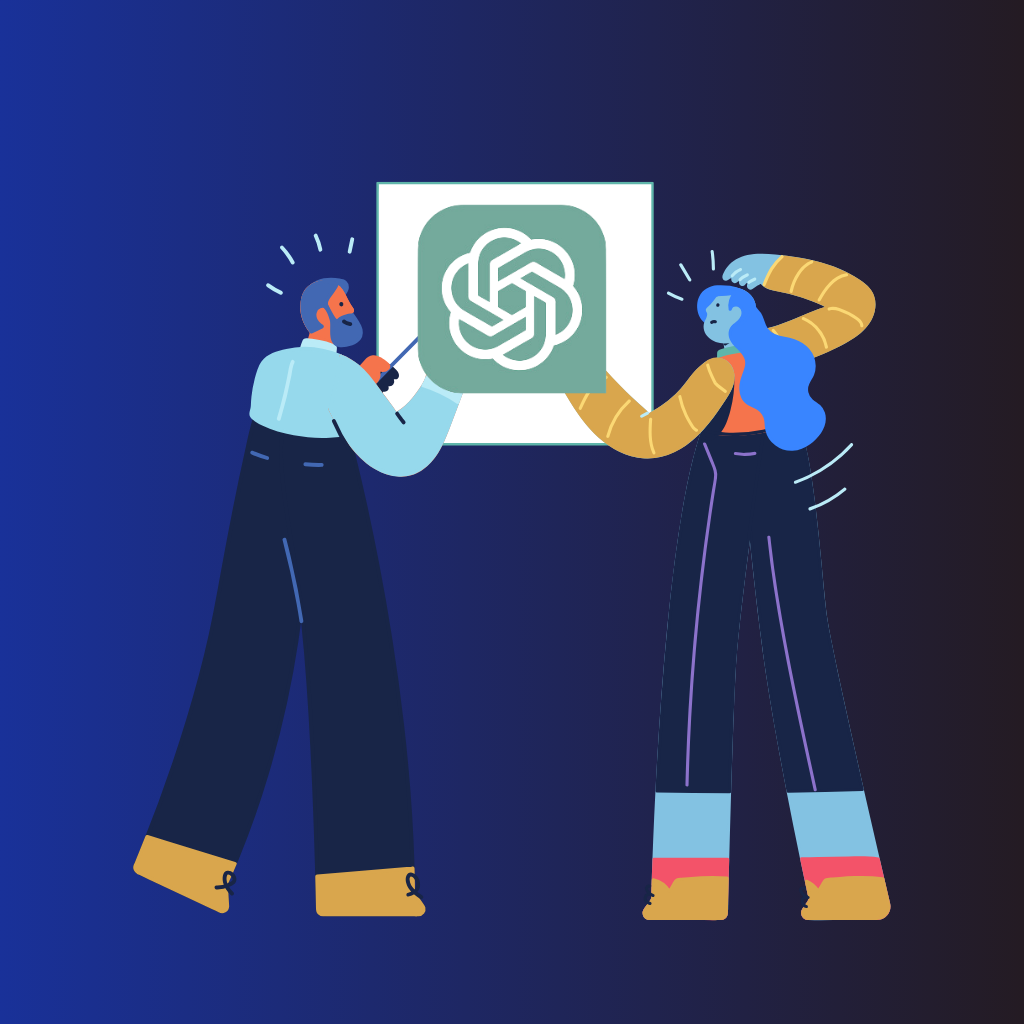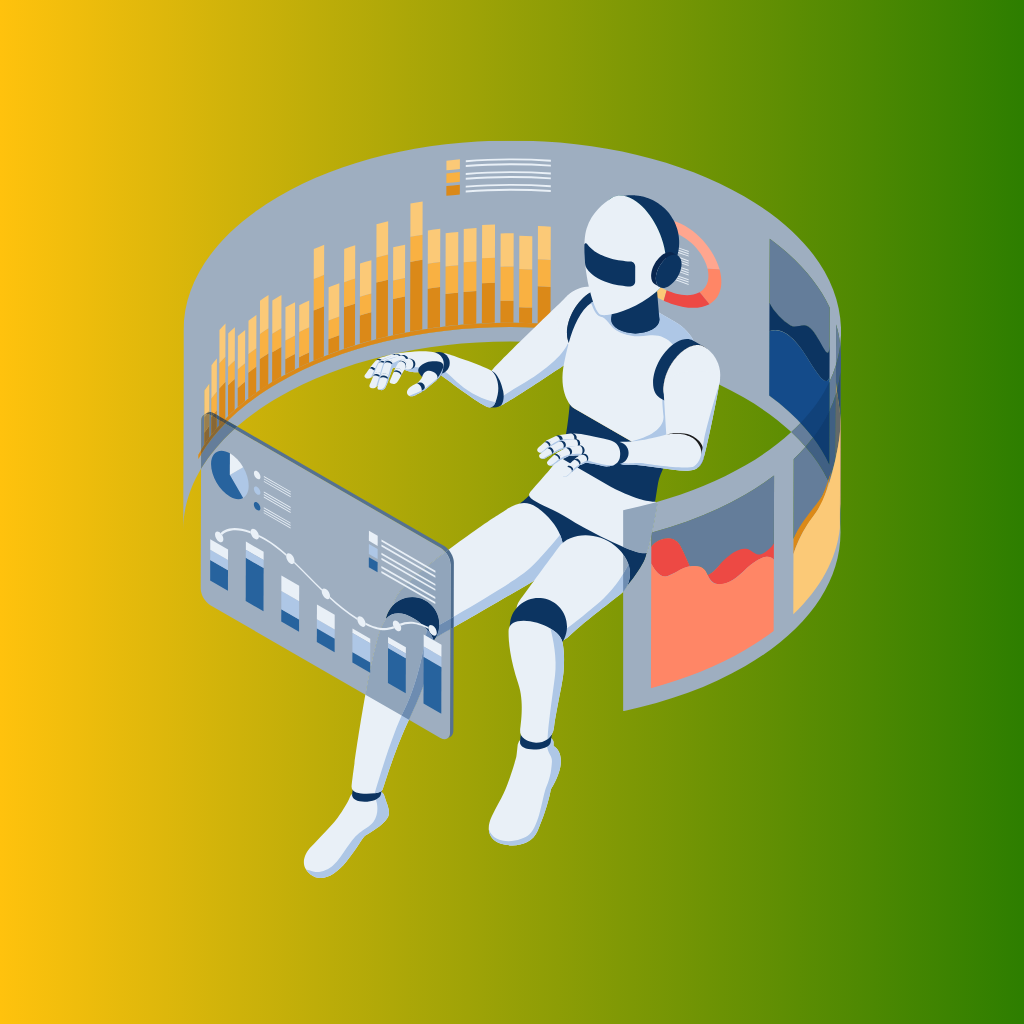Marc Andreessen's article "Why AI will save the World" sparks a fresh conversation about artificial intelligence (AI), making a case for its potential to have a profoundly positive effect on humanity. Andreessen projects AI as a powerful tool that not only augments human intelligence but also humanizes people by fostering increased understanding and patience. However, he doesn't neglect the existence of several AI-related fears gripping society. Andreessen attempts to assuage these fears by presenting counterarguments.
I. Summary of the Blog Post
- Fear of AI causing human extinction: Andreessen argues that AI is a tool built and managed by humans. It lacks sentience or specific goals. The fear that AI might one day evolve to develop a motive to harm humans, according to Andreessen, is unfounded and lacks empirical evidence.
- Fear of AI damaging societal fabric: Andreessen defends AI against the claims that it could potentially facilitate hate speech and misinformation, leading to societal turmoil. He strongly disagrees with imposing limitations on AI output, drawing parallels with the ongoing debate around freedom of speech on social media platforms.
- Fear of AI taking over jobs: Addressing one of the most prevalent fears, Andreessen refutes the idea that AI would result in mass unemployment. He introduces the concept of the "lump of labour fallacy," suggesting that work within an economy isn't finite. He argues that AI, by increasing productivity, can lead to the creation of new opportunities rather than job loss.
- Fear of AI escalating inequality: Andreessen dismisses the fear that AI might lead to severe inequality. He believes that as AI technology becomes more affordable and accessible, it can counterbalance potential inequality.
- Fear of AI aiding malicious intent: While he acknowledges that AI could facilitate harmful activities, Andreessen believes that such risks can be managed through legal channels and defensive measures.
- The risk of halting AI development: In an interesting twist, Andreessen points to China's use of AI as a tool for authoritarian control. He implies that a robust development of AI is necessary to counter such authoritarian uses.
II. Our Opinion on the Blog Post
Our stance on Andreessen's blog post is largely positive as we acknowledge the transformative role of AI in our daily lives and work processes.
- Will AI Kill Us All? - We concur with Andreessen's point that AI, at its current stage, lacks the desire and capability to cause widespread harm to humans. For AI to pose a significant threat to humanity, it would require a level of sentience and control over the physical world, both of which are currently beyond its reach.
- Will AI ruin our society? - We believe that AI has the potential to exacerbate the spread of misinformation and hate speech. Despite potential regulations aimed at curbing such issues, we suspect that technological workarounds may outpace regulatory efforts. Therefore, we share Andreessen's concern that AI could pose a risk to societal stability.
- Will AI take our jobs? - We agree with Andreessen's refutation of the "lump of labour fallacy." Rather than rendering human labor obsolete, we believe that AI enhances productivity and broadens the nature and scope of work. We've experienced this first-hand, with AI augmenting our work as developers and enabling us to undertake more projects, creating a need for more hires in other job roles.
- Will AI lead to crippling inequality? - We diverge from Andreessen's viewpoint on this issue. We foresee that AI might exacerbate inequality, not necessarily due to access to AI technology, but rather how it is utilized. Skilled labor could leverage AI to increase productivity significantly, widening the gap between them and unskilled labor, which might not harness AI as effectively.
- Will AI lead to people doing bad things? - We agree with Andreessen that AI, like any tool, can be used for both good and bad. This reinforces the importance of having sound regulations and control measures in place to prevent misuse of AI.
III. Importance of the Blog Post
While we do not consider Andreessen's article to be as groundbreaking as his previous post "Why Software is Eating the World," it is valuable in its own right. It provides a well-structured and reasoned defense against the various fears associated with AI, presenting a balanced view of its potential benefits and risks. The importance of this article is largely in its advocacy for AI, and it does a great job of furthering that cause. However, unlike Andreessen's earlier post, it does not mark a significant shift in our understanding of the role of technology in society.




